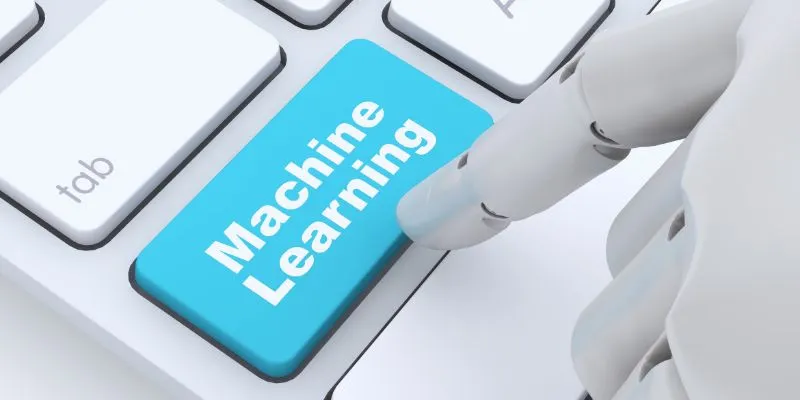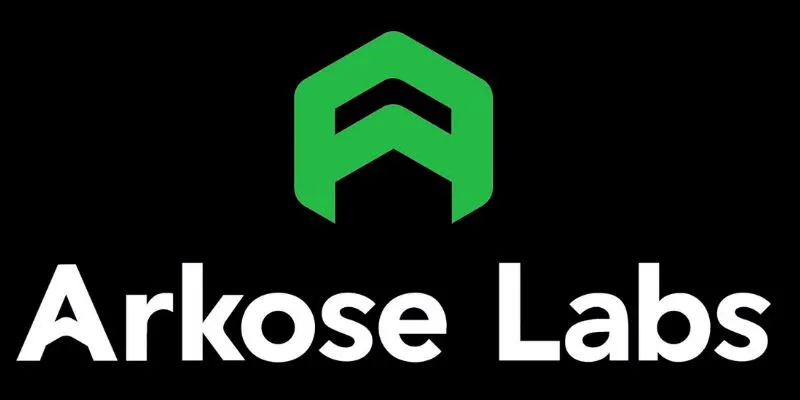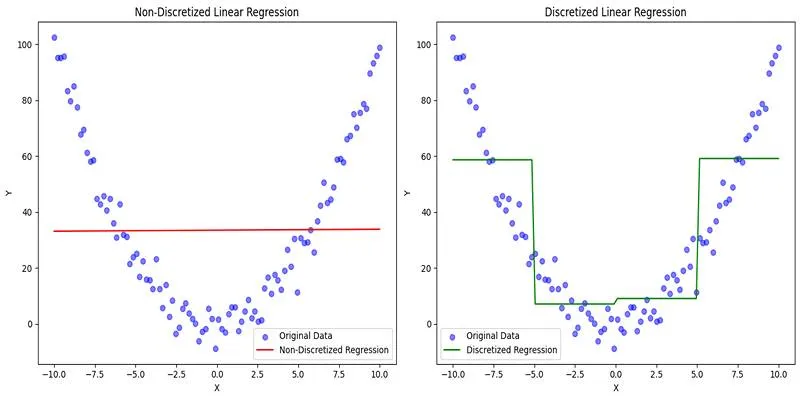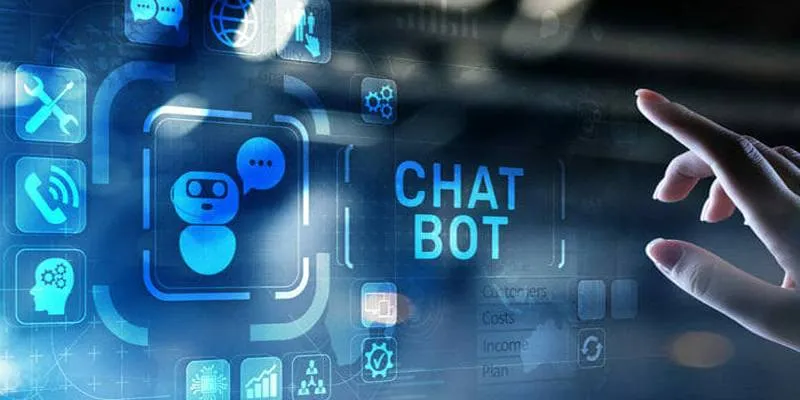Artificial Intelligence (AI) is transforming industries worldwide. Although many people are concerned about costs, there’s a strong desire to learn about AI. Fortunately, a wealth of free resources is available online, allowing individuals to acquire AI skills without financial burden. These resources, including free courses, tools, and forums, are particularly helpful for beginners to understand AI concepts. While learning AI may initially seem daunting, anyone can start with the right mindset.
Numerous platforms offer beginner-friendly AI courses. All you need is persistence and determination. This guide outlines five straightforward steps to learn AI for free by 2025. It includes tools, learning materials, and practical projects to help you grasp AI principles and gain hands-on experience.

5 Steps to Learn AI for Free in 2025
Here are the five essential steps to learn AI for free in 2025 and establish a strong foundation in artificial intelligence.
Step 1: Understand the Basics of AI
Before diving into coding, it’s crucial to understand the fundamentals of artificial intelligence. Familiarizing yourself with AI principles will make it easier to grasp advanced concepts. Key areas include machine learning (ML) and deep learning (DL), both widely used across various industries. Begin by enrolling in free online courses that simplify AI concepts. Platforms like Coursera, edX, and Khan Academy offer beginner-friendly AI courses.
YouTube is another excellent source for expert AI tutorials, where many educators provide free knowledge. Reading AI books and articles can further deepen your understanding. Websites like Towards Data Science and Medium feature AI-related content from beginners and experts alike. Joining forums and AI communities is also beneficial for asking questions and personal growth. Engaging in AI discussions will help enhance your knowledge.
Step 2: Learn Programming for AI
Programming skills are essential for developing AI applications. Python is one of the most popular programming languages for AI, thanks to its simplicity and extensive libraries. Your first step should be learning Python, as it lays the groundwork for coding AI models. Numerous platforms offer free beginner Python lessons, including Codecademy, W3Schools, and Kaggle. Google’s Python Crash Course is another valuable resource for new learners. These courses build your confidence in coding and cover fundamental Python concepts.
Daily coding practice is crucial for improvement. Working on small AI-related projects will deepen your understanding. Jupyter Notebook is an excellent tool for writing and testing Python code. Additionally, become familiar with AI- specific libraries such as Matplotlib, Pandas, and NumPy, which aid in data visualization and handling. Mastering Python and its libraries will prepare you to explore AI development in detail.
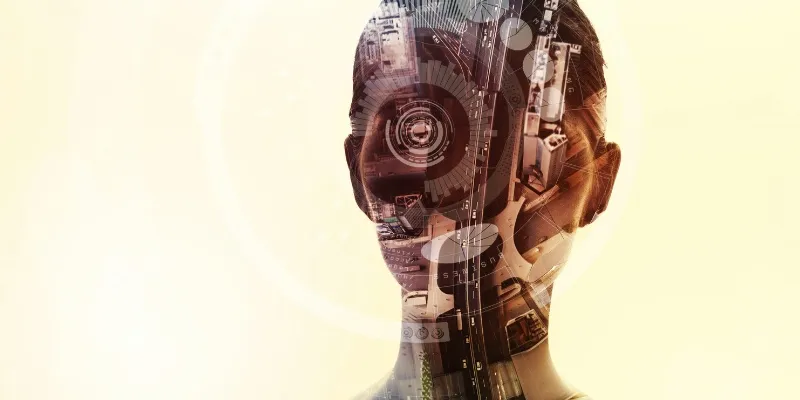
Step 3: Explore Machine Learning (ML) and Deep Learning
Once you have a good grasp of Python, it’s time to delve into Machine Learning (ML). ML enables computers to learn from data without explicit programming, making it a core area of AI research with numerous applications. Start by enrolling in free ML courses. Google’s Machine Learning Crash Course and Andrew Ng’s ML course on Coursera come highly recommended for beginners. These courses simplify ML concepts for easy understanding.
Focus on fundamental ML topics, such as unsupervised and supervised learning. Explore techniques like clustering, regression, and decision trees. Utilize Kaggle’s datasets to refine your ML skills. After ML, move on to Deep Learning (DL) with a focus on neural networks. Popular DL frameworks include TensorFlow and PyTorch. Free DL courses are available from Google’s TensorFlow tutorials and fast.ai. Understanding ML and DL will enable you to build effective AI models.
Step 4: Work on AI Projects and Competitions
Gaining practical experience is vital for learning AI. Once you understand AI and ML concepts, apply them to real-world projects. Working on AI projects will help you develop problem-solving skills. Many free datasets are available for practice, including those from Kaggle and the UCI Machine Learning Repository. Start with projects like spam detection, image classification, or chatbot development to enhance your skills.
Participating in AI competitions is an excellent way to challenge yourself. Kaggle hosts AI competitions where participants tackle real-world problems. These challenges allow you to learn from AI professionals and improve your abilities. Additionally, building a GitHub profile by uploading your projects showcases your AI skills to potential employers. Engaging in AI projects and competitions will boost your confidence and practical knowledge.
Step 5: Join AI Communities and Stay Updated
AI is constantly evolving, so staying informed is crucial. Joining AI communities allows you to connect with professionals and fellow learners, facilitating collaboration and the exchange of new AI techniques. Numerous online platforms host AI discussions, including Reddit, Stack Overflow, and LinkedIn groups. These are excellent places to ask questions, share ideas, and learn from experienced experts.
Following AI companies and researchers on social media is also important. Platforms like Twitter, YouTube, and publications such as OpenAI and Google AI Blog provide the latest updates in AI research. Attending AI events, webinars, workshops, and hackathons offers hands-on learning opportunities. Actively participating in AI communities will help you continue learning and advance your AI knowledge.
Conclusion:
With dedication and the right resources, you can learn AI for free by 2025. Start by understanding the basics of artificial intelligence, then learn Python for AI applications. Explore machine learning and deep learning to build AI models. Gain real-world experience by working on projects and participating in AI competitions. Stay informed by joining AI communities and following industry leaders. Free courses, tools, and communities make AI accessible to everyone. With consistent effort and patience, anyone can acquire AI skills. By following these five steps, you’ll be on your way to mastering artificial intelligence at no cost.
 zfn9
zfn9







